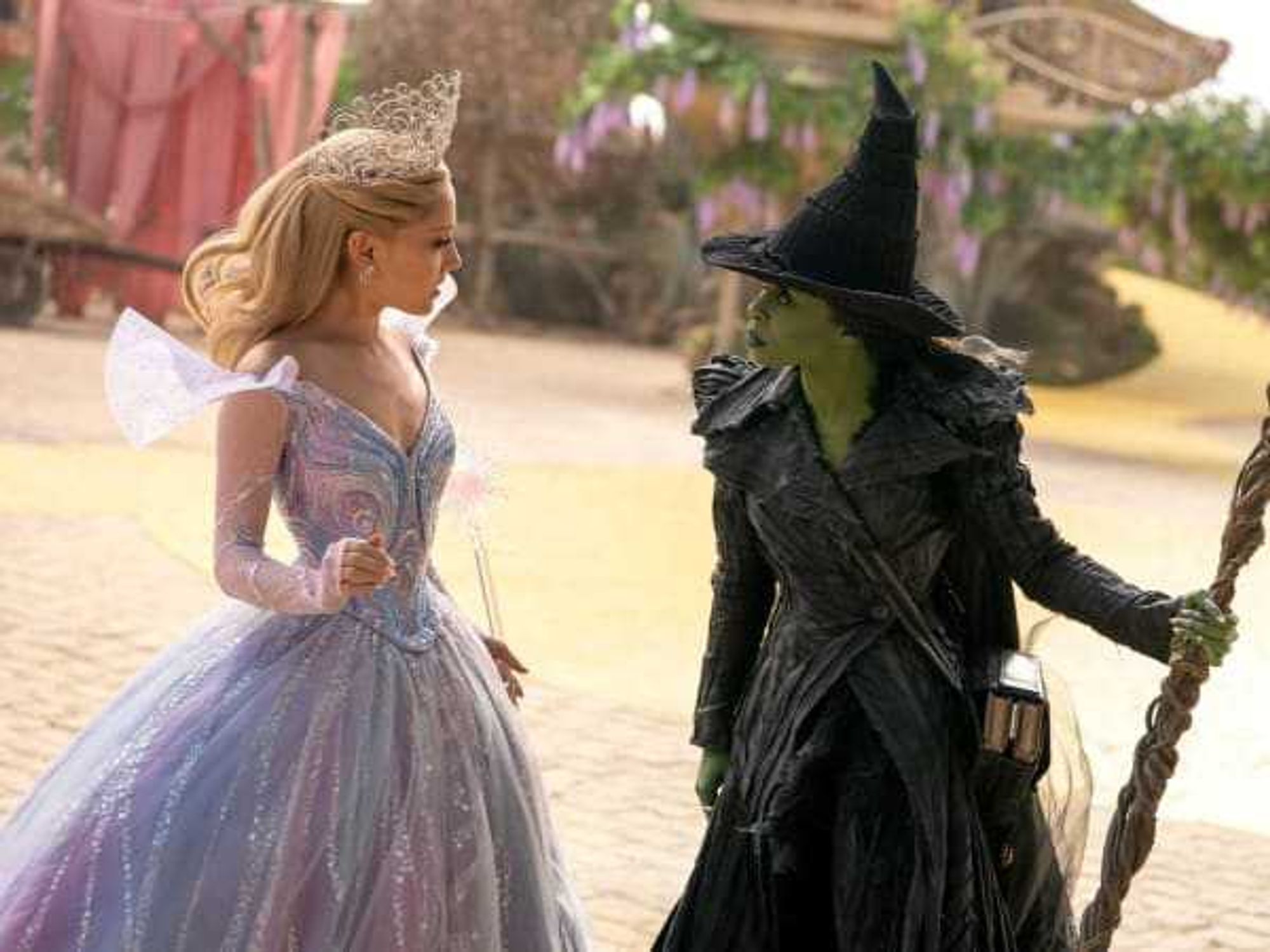Terminal illnesses haunt films like sharks in figurative waters. Without even the fair warning of a foreshadowing fin above the surface, they appear suddenly at two-thirds mark of maudlin, weepy melodramas and snatch lives away.
This isn't a huge problem if a movie has spent preceding time building realistic characters and conflicts, as in the 1983 Best Picture winner (and classic cancer terjerker) Terms of Endearment. But there are innumerable films that use cancer as a shamelessly transparent plot device, showing nothing of the long, agonizing treatment process and employing it only to mine pathos out of poorly realized relationships. 1970's Love Story is famous for its over the top sappiness once Ali McGraw is diagnosed, but the effects of her leukemia are hardly noticeable. Roger Ebert coined the term "Ali MacGraw's Disease" to refer to the "movie illness in which the only symptom is that the sufferer grows more beautiful as death approaches."
Adaptations of Nicholas Sparks novels (A Walk to Remember, The Last Song) even have main characters nobly hiding the pain and exhaustiveness of cancer treatments for nearly the entire runtime of the film, until the moment is right to raise the stakes with a dramatic fit or announcement. The devastating effects and months-long process of dealing with cancer and other serious ailments are glossed over in favor of sappy montages, candles, and poignant walks on the beach.
50/50, a new film that falls squarely into the "dramedy" genre, finds more pathos than a standard illness drama with frankness, humor and complexity that your standard Sparks adaptation could dream of. The film stars Joseph Gordon-Levitt as a fastidious radio producer that suffers back within the film's first scene, and quickly is diagnosed with a rare, aggressive cancer. He begins chemotherapy before he can even process the news, and we see the strained, stressful effect the news has on his relationships with his loved ones.
But for all that, 50/50 doesn't get as weepy as any of the films above. The characters joke around like real people, and the well realized but subtly portrayed relationship between Levitt and his best friend (Seth Rogen) adds life to a story that grows progressively gripping. Judd Apatow's Funny People found some of this same energy in 2009, though in a much less focused way. But both films devote more time to the extensive, regular treatments that serious illnesses entail, but because the characters laugh just as much as they despair, it doesn't result in a grueling, dour film.
And it's not forced humor, just the wry acknowledgement that death is the ultimate indignity, and it's just as funny when you're the butt of the joke.
Humor is in fact a large part of dealing with illness in real life—the Cancer Treatment Centers of America offer "humor therapy sessions" to utilize laughter as a healing tool. So in their way, 50/50 and Funny People are far more realistic than films where people have to constantly speak in grave tones to drown out the sad, sad violins. And it's not forced humor, just the wry acknowledgement that death is the ultimate indignity, and it's just as funny when you're the butt of the joke.
Charlie Kaufman's Synecdoche, NY, takes this approach to its logical extreme. In a way, a terminal illness is a greater cosmic prank, because the despair one feels when faced with mortality is no greater than that of everyone else alive, it's just that they get a lifetime to embrace it. Phillip Seymour Hoffman plays a director who's diagnosed with a mysterious, unnamed ailment, and decides to make a great work before dying. The irony of the film is that the work consumes him so much that he barely notices living to a ripe old age, even as he takes medication and works on absurd "biofeedback" routines, shuffling through the odd rhythms of our fragile human forms.
Joseph Gordon-Levitt stands a 1 in 2 chance of surviving to the end of 50/50, hence the title, but to the audience every character "dies" at the end of the movie in a very real way. So every film about illness is really about death in a very basic way, because that movie character wasn't going to be around much longer. There's no value, then, in having one of them stricken with cancer unless it adds depth and meaning to the story.
Death isn't something that teaches us lessons, or arrives at the most dramatic time possible, it's just something we put off having to deal with until we have to. If you're going to rob a character of the time and detail to do so by reducing them to a plot device, they may as well just be shark fodder.
